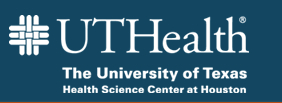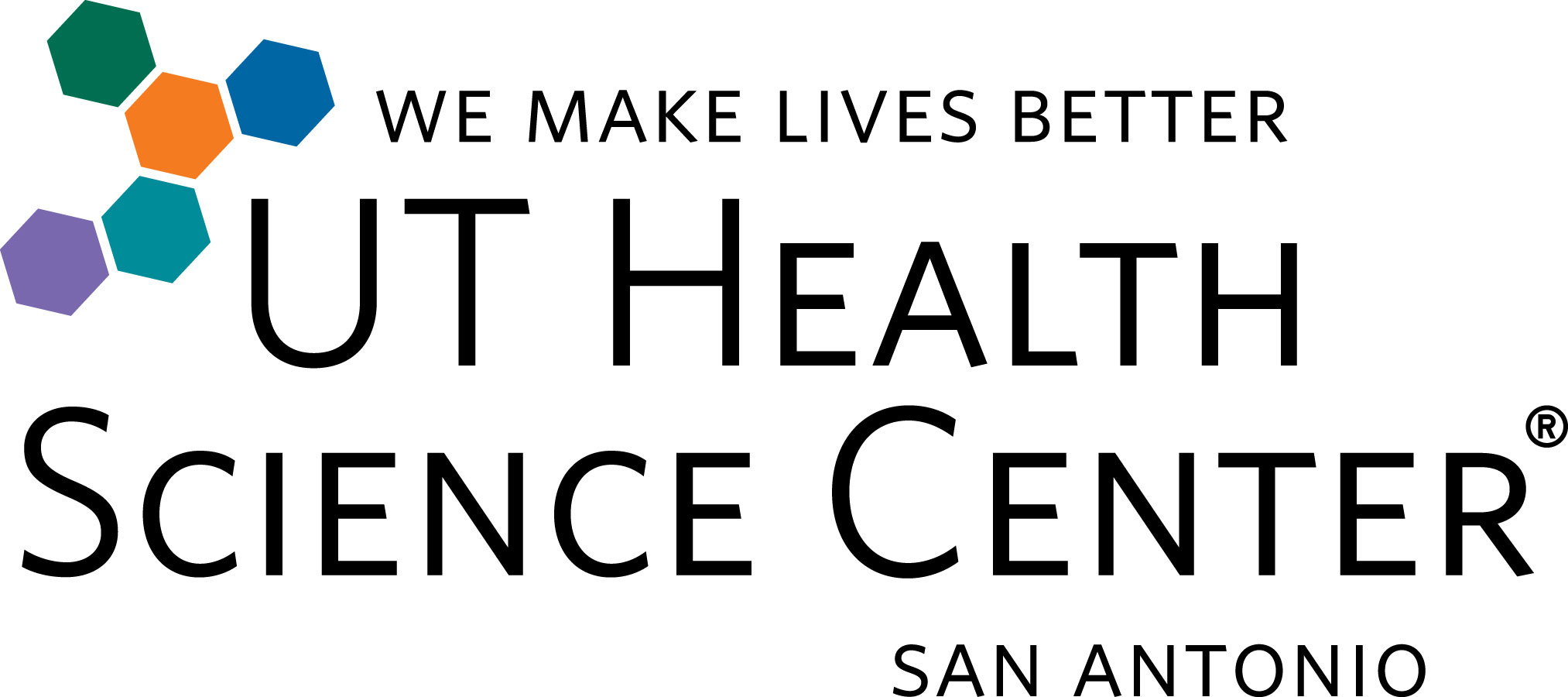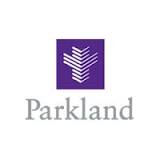Optimal Delay Time to Initiate Anticoagulation After Ischemic Stroke in Atrial Fibrillation
| Status: | Recruiting |
|---|---|
| Conditions: | Atrial Fibrillation, Neurology |
| Therapuetic Areas: | Cardiology / Vascular Diseases, Neurology |
| Healthy: | No |
| Age Range: | Any |
| Updated: | 8/17/2018 |
| Start Date: | June 14, 2017 |
| End Date: | August 2021 |
| Contact: | Patrick Lawrence, BS |
| Email: | patrick.lawrence@austin.utexas.edu |
| Phone: | 512-495-5925 |
Title:
Optimal Delay Time to Initiate Anticoagulation after Ischemic Stroke in Atrial Fibrillation
(START): a pragmatic, adaptive randomized clinical trial.
Primary Objective:
• To determine the optimal time to initiate anticoagulation with a Non-Vitamin K Oral
Anticoagulant (NOAC) after ischemic stroke in patients with non-valvular atrial fibrillation.
Secondary Objectives:
- To compare the rates of primary adverse outcomes in a per protocol analysis
- To compare 30 day clinical outcomes by the modified Rankin scale among the
time-to-treatment groups
- To compare 30 day clinical outcomes by the PROMIS-10 scale among the time-to-treatment
groups.
- To compare 90 day clinical outcomes by the modified Rankin scale among the
time-to-treatment groups
- To explore the optimal timing in subgroups of age, sex, outcome category, and NOAC
choice
Optimal Delay Time to Initiate Anticoagulation after Ischemic Stroke in Atrial Fibrillation
(START): a pragmatic, adaptive randomized clinical trial.
Primary Objective:
• To determine the optimal time to initiate anticoagulation with a Non-Vitamin K Oral
Anticoagulant (NOAC) after ischemic stroke in patients with non-valvular atrial fibrillation.
Secondary Objectives:
- To compare the rates of primary adverse outcomes in a per protocol analysis
- To compare 30 day clinical outcomes by the modified Rankin scale among the
time-to-treatment groups
- To compare 30 day clinical outcomes by the PROMIS-10 scale among the time-to-treatment
groups.
- To compare 90 day clinical outcomes by the modified Rankin scale among the
time-to-treatment groups
- To explore the optimal timing in subgroups of age, sex, outcome category, and NOAC
choice
Long-term oral anticoagulation is standard for secondary stroke prevention in patients with
atrial fibrillation (AFib). However, there is limited data and no consensus on the timing of
when to initiate anticoagulation therapy, and concern that starting too soon risks
symptomatic hemorrhagic transformation. These data are derived almost exclusively from
heparins and Vitamin K antagonists (e.g.,warfarin). Now that NOACs have become the mainstay
of stroke prophylaxis in AFib and have more rapid and consistent anticoagulation and fewer
strokes (hemorrhagic especially), the question of optimal timing of NOAC initiation is of
increasing importance.
The primary aim is to determine the time-to-treatment interval with the lowest associated
risk for adverse events in the context of anticoagulation therapy with NOACs for acute stroke
patients with non-valvular AFib. The question will be investigated with a prospective,
adaptive, randomized, controlled "dose-exploration" trial with the time to treatment with
NOAC therapy treated as the incremental "dose".
An adaptive, pragmatic trial will be performed that will not deviate from the treating
physicians' usual practice except for randomizing the time to start the NOAC. Data collection
will be limited to those fields necessary for the planned primary and secondary analyses.
The composite primary outcome event will be any of the following within 30 days of the index
stroke: Ischemic Events (symptomatic ischemic stroke or systemic embolism), Hemorrhagic
Events (symptomatic hemorrhagic transformation of index ischemic stroke, other symptomatic
intracranial hemorrhage, or major extracranial hemorrhage), or all-cause mortality.
Four time-to-treatment intervals, i.e. study arms, between 2 and 14 days will be
investigated: 60 hours, 132 hours, 228 hours, and 324 hours. An innovative adaptive design
will be used which includes response adaptive randomization and modeling of ischemic and
hemorrhagic outcome events. The ischemic and hemorrhagic events within the composite primary
endpoint are modeled separately using their known monotonic property that the risk of an
event increases (ischemic) or decreases (hemorrhage) as the time-to-treatment interval
lengthens. Interim analyses will occur after every 100 subjects are randomized, where the
primary outcome will be analyzed and new randomization probabilities will be calculated to
favor the arms that have a better risk-profile.
atrial fibrillation (AFib). However, there is limited data and no consensus on the timing of
when to initiate anticoagulation therapy, and concern that starting too soon risks
symptomatic hemorrhagic transformation. These data are derived almost exclusively from
heparins and Vitamin K antagonists (e.g.,warfarin). Now that NOACs have become the mainstay
of stroke prophylaxis in AFib and have more rapid and consistent anticoagulation and fewer
strokes (hemorrhagic especially), the question of optimal timing of NOAC initiation is of
increasing importance.
The primary aim is to determine the time-to-treatment interval with the lowest associated
risk for adverse events in the context of anticoagulation therapy with NOACs for acute stroke
patients with non-valvular AFib. The question will be investigated with a prospective,
adaptive, randomized, controlled "dose-exploration" trial with the time to treatment with
NOAC therapy treated as the incremental "dose".
An adaptive, pragmatic trial will be performed that will not deviate from the treating
physicians' usual practice except for randomizing the time to start the NOAC. Data collection
will be limited to those fields necessary for the planned primary and secondary analyses.
The composite primary outcome event will be any of the following within 30 days of the index
stroke: Ischemic Events (symptomatic ischemic stroke or systemic embolism), Hemorrhagic
Events (symptomatic hemorrhagic transformation of index ischemic stroke, other symptomatic
intracranial hemorrhage, or major extracranial hemorrhage), or all-cause mortality.
Four time-to-treatment intervals, i.e. study arms, between 2 and 14 days will be
investigated: 60 hours, 132 hours, 228 hours, and 324 hours. An innovative adaptive design
will be used which includes response adaptive randomization and modeling of ischemic and
hemorrhagic outcome events. The ischemic and hemorrhagic events within the composite primary
endpoint are modeled separately using their known monotonic property that the risk of an
event increases (ischemic) or decreases (hemorrhage) as the time-to-treatment interval
lengthens. Interim analyses will occur after every 100 subjects are randomized, where the
primary outcome will be analyzed and new randomization probabilities will be calculated to
favor the arms that have a better risk-profile.
Inclusion Criteria:
1. New disabling neurological deficit attributable to new ischemic stroke.
2. Minimum lesion diameter of 1.5cm on qualifying imaging. If lesion not visible on
imaging, NIHSS must be greater than 4.
3. Non-valvular atrial fibrillation (paroxysmal, persistent, or permanent).
4. Not currently anticoagulated and/or will not be anticoagulated prior to starting their
NOAC at the randomized time of initiation (except for DVT prophylaxis).
Note: Patients who had been taking an anticoagulant prior to their qualifying index
event (for any reason) are eligible for START, assuming the drug is no longer having a
therapeutic effect in the patient's system by 48 hours from stroke onset.
5. Treating physician plans to anticoagulate with a FDA-approved novel oral anticoagulant
(NOAC): apixaban, dabigatran, edoxaban, or rivaroxaban, or other FDA-approved NOAC.
6. Qualifying brain CT or MRI scan < 48hr from stroke onset (time last known well). If
patient has been treated with thrombolytic or endovascular therapy for this stroke,
then the qualifying scan is that which is performed after therapy to rule out
clinically significant hemorrhagic transformation.
7. Ability to randomize within 60 hours of symptom onset.
Exclusion Criteria:
1. Any clinical or imaging evidence of spontaneous intracranial hemorrhage in the
previous 6 months.
Note: Patients with hemorrhagic transformation of current or previous ischemic stroke
may be included per Investigator`s judgment. Sporadic microbleeds may be included per
Investigator`s judgment. As a general recommendation, a cerebral microbleed is
considered to be ≤ 5mm, but sometimes up to 10mm, in greatest diameter on gradient
recalled echo (GRE), or T2*, MRI sequences. Any blood visualized on a CT will be
classified as a macrobleed.
2. Infarct volume (estimated) is greater than 50% of middle cerebral artery territory on
qualifying scan. If the full extent of the lesion is not visible, any patient with a
NIHSS > 23 must be excluded.
Note: The lesion does not need to be restricted to the mCA, but if the lesion volume
is estimated to be greater than half of the mCA territory, the patient should be
excluded.
Note: In non-EVT patients, any NIHSS following the index stroke may be used to qualify
the patient for START. For example, a patient that presents with a NIHSS of 10 who
then receives tPA and improves to a NIHSS of 2 is still eligible for START. For
patients whom had endovascular therapy, the qualifying NIHSS assessment is that which
is obtained with their qualifying scan following therapy.
3. Anticipated need for major surgery over the next 30 days that would require delay,
discontinuation, or extended suspension of anticoagulant of more than 5 days.
4. Symptomatic edema expected from size and location of ischemic stroke.
5. Decreased level of consciousness present or expected.
6. Life expectancy less than 90 days.
7. Follow-up in person or by telephone for 90 days is not feasible.
We found this trial at
13
sites
1500 Red River Street
Austin, Texas 78701
Austin, Texas 78701
Principal Investigator: Steven Warach, MD, PhD
Phone: 512-495-5925
Click here to add this to my saved trials
3500 Gaston Avenue
Dallas, Texas 75246
Dallas, Texas 75246
1.800.422.9567

Principal Investigator: Rashedul Hasan, MD
Baylor University Medical Center Baylor University Medical Center in Dallas, TX is ranked nationally in...
Click here to add this to my saved trials
7000 Fannin St
Houston, Texas 77030
Houston, Texas 77030
(713) 500-4472

Principal Investigator: Nour Abdelhamid, MD
University of Texas Health Science Center at Houston The University of Texas Health Science Center...
Click here to add this to my saved trials
4502 Medical Drive
San Antonio, Texas 78284
San Antonio, Texas 78284
(210) 567-7000

Principal Investigator: Santiago Palacios, MD
University of Texas Health Science Center at San Antonio The University of Texas Health Science...
Click here to add this to my saved trials
Austin, Texas 78705
Principal Investigator: Steven Warach, MD, PhD
Phone: 512-495-5925
Click here to add this to my saved trials
Click here to add this to my saved trials
5201 Harry Hines Blvd
Dallas, Texas 75235
Dallas, Texas 75235
(214) 590-8000

Principal Investigator: Ty Shang, MD
Phone: 214-648-8181
Parkland Memorial Hospital As our community's public health system, Parkland is the foundation for a...
Click here to add this to my saved trials
Dallas, Texas 75390
Principal Investigator: Ty Shang, MD
Click here to add this to my saved trials
Dallas, Texas 75390
Principal Investigator: Ty Shang, MD
Phone: 214-648-8181
Click here to add this to my saved trials
El Paso, Texas 79905
Principal Investigator: Salvador Cruz-Flores, MD
Phone: 915-215-4616
Click here to add this to my saved trials
Fort Worth, Texas 76104
Principal Investigator: Clauida Perez, MD
Click here to add this to my saved trials
6001 Kyle Parkway
Kyle, Texas 78640
Kyle, Texas 78640
Principal Investigator: Steven Warach, MD, PhD
Phone: 512-495-5925
Click here to add this to my saved trials
201 Seton Parkway
Round Rock, Texas 78665
Round Rock, Texas 78665
Principal Investigator: Steven Warach, MD, PhD
Phone: 512-495-5925
Click here to add this to my saved trials